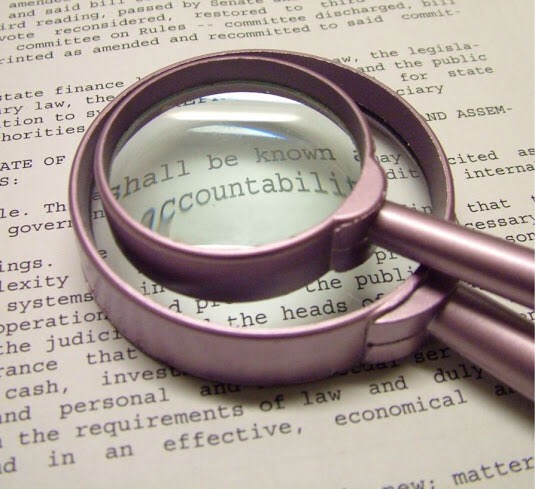Hillary Clinton has joined Twitter. The former First Lady of the United States, U.S. Senator and Secretary of State joined the conversation with aplomb and humor, thanking the authors of a tumblr blog, “Txts from Hillary,” for inspiration and adopting the now iconic image of her aboard a military transport plane as her avatar. Her first — and to this point, only — tweet had been retweeted more than 6,200 times in five hours.
So far, Clinton is only following all-things-Clinton: former President Bill Clinton, their daughter, Chelsea Clinton, and the Clinton Foundation.
The Washington Post suggested 15 accounts for Clinton to follow, ranging from serious (the @VP’s office) to satiric (@AnthonyWeiner & @JustinBeiber.) With the exception of the @StateDept, the list is heavily focused upon U.S. domestic politics and the 2016 presidential election, a prospect that it seems many DC media outlets begin speculating about a few seconds after Mitt Romney walked away from his concession speech in Boston early on the morning of November 7th.
While the list is light-hearted, it’s also unnecessarily constrained in scope and perspective. Clinton spent four years traveling the earth, speaking to world leaders. Why not continue to keep that global reach on a platform that has, well, global reach?
While she could adopt social graphs of Beltway pundits and media, primarily following other DC media and politicians, this new account is an opportunity to do, well, a bit better. While former staffers Jared Cohen, Alec J. Ross, Ronan Farrow, Katie Dowd and Katie Stanton may be of assistance (and useful follows for her) in no particular order, here are 9 other accounts that would vastly improve future #TweetsFromHillary.
1) The White House
People interested in governance and Twitter tend to follow the @WhiteHouse. (Those who wish to be elected to it might benefit as well.) Under Macon Phillips, the White House director of digital, the White House account has taken some risks to become a platform for the President’s policies — and often, amplified back the voices of those Americans who support them. A safe following strategy would be to choose from the accounts the White House follows.
2) Anne Marie Slaughter
A former State Department official turned Princeton official, Slaughter is already well-known to Clinton from her tenure there. Her focus on foreign policy, women’s issues and international affairs is a valuable addition to any feed.
3) Emily Bell
The Director of the Tow Centre for Digital Journalism at Columbia Journalism School is one of the sharpest observers of how technology is changing media and commentators on that shift.
4) Nick Kristof
The New York Times columnist, who calls himself a “print dinosaur, trying to evolve into a new media maven,” has adapted to social media better than any of the other writers on The Grey Lady’s opinion page, from Facebook to Google+ to Twitter. Kristof cuts through the noise, sharing news that matters, and listens to his global networks of connections far better than most.
5) danah boyd
People new to Twitter may find following at least one “social media expert” useful, for tips, nuance and criticism. There’s no one most deserving of that description than digital ethnographer danah boyd, though she’d never claim the title. (Be mindful that she may take a Twitter vacation this summer.)
6) Mark Knoller
If you don’t follow CBS News White House correspondent Mark Knoller, you’re missing a real-time history of the presidency.
7) Bill Gates
One of the world’s smartest men will (help) make you smarter if you follow him.
8) Blake Hounshell
The (former) managing editor at Foreign Policy has one of the best pulses on global events and what they mean on Twitter. He puts world news and events in context, or at least as much as one can in 140 characters. (While you’re at it, Secretary Clinton, set up a list to follow Andy Carvin (@acarvin) too. He tweets a lot but you’ll likely find that many of your former staffers follow him for good reason.)
9) Maria Popova
Everyone has a “desert island follow” or two. For many people, that might be Popova, who has a remarkable talent for finding and sharing interesting literature, art, science and more.
These are, naturally, just a starting point. In 2013, there are literally thousands of government officials, policy wonks, journalists and politicians who Clinton might find following valuable. (Who knows? Maybe she’ll even follow learn from P.J. Crowley.)
There are 66 verified world leaders on Twitter. While most don’t tweet themselves, Estonian president Toomas Hendrik Ilves does personally, sometimes with an edge.
The easiest method may be for her to follow Twitter’s list.
If Clinton wants to make the most of the platform, she’ll do well to personally unfollow some feeds, find new voices, listen to her @replies and act like a human.


